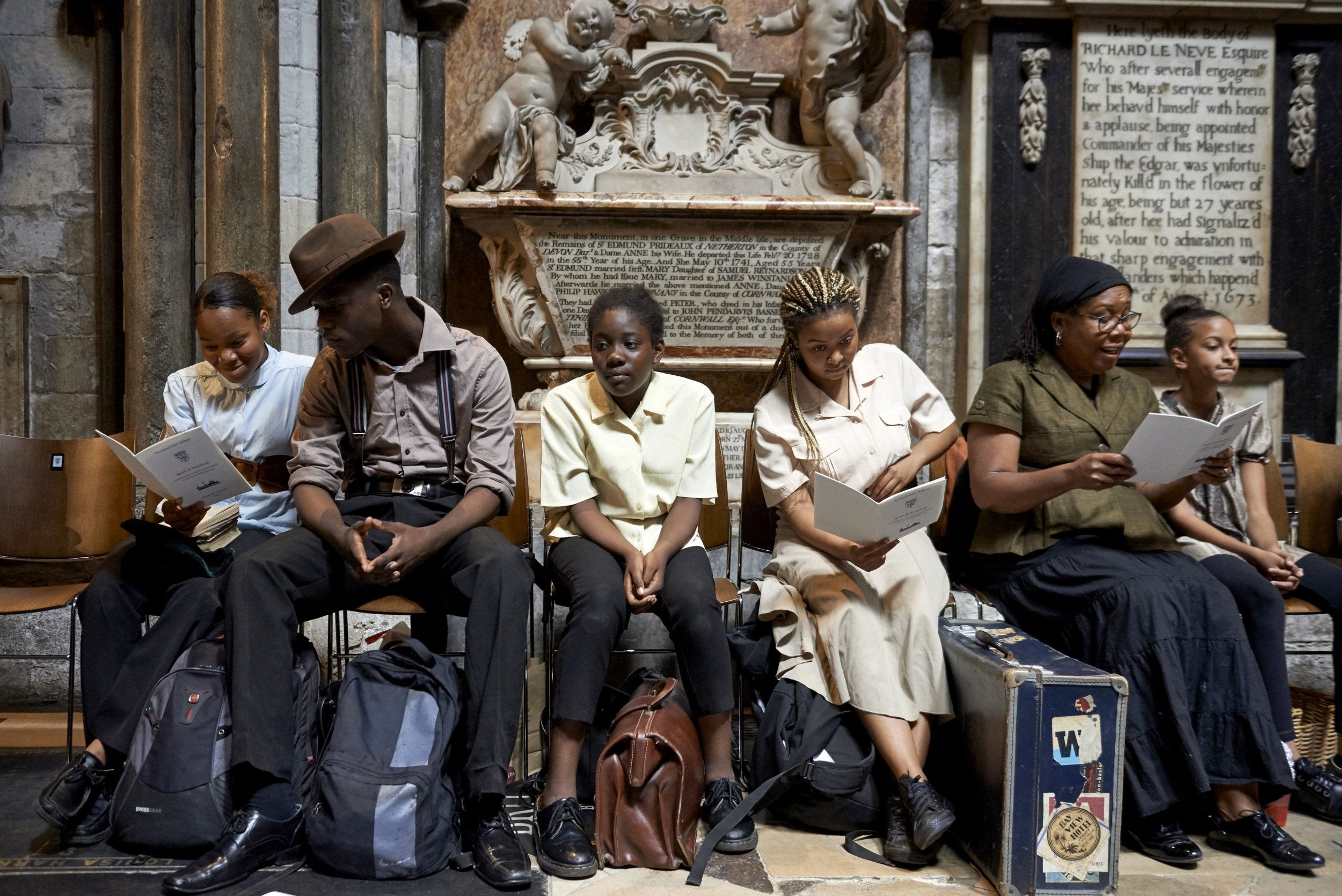Social media has taught me more about black British history than I ever learned in school – and that’s a crying shame
People are now taking black British history lessons into their own hands, using Instagram and Twitter to highlight the achievements of black people in Britain that the national curriculum often leaves out


Your support helps us to tell the story
From reproductive rights to climate change to Big Tech, The Independent is on the ground when the story is developing. Whether it's investigating the financials of Elon Musk's pro-Trump PAC or producing our latest documentary, 'The A Word', which shines a light on the American women fighting for reproductive rights, we know how important it is to parse out the facts from the messaging.
At such a critical moment in US history, we need reporters on the ground. Your donation allows us to keep sending journalists to speak to both sides of the story.
The Independent is trusted by Americans across the entire political spectrum. And unlike many other quality news outlets, we choose not to lock Americans out of our reporting and analysis with paywalls. We believe quality journalism should be available to everyone, paid for by those who can afford it.
Your support makes all the difference.During secondary school, I adored learning about the Civil Rights movement that took place in the US. I loved reading about Martin Luther King Jr, and Rosa Parks and the Montgomery Bus Boycott. Studying their lives was powerful to me because I was seeing black people fighting for a cause in the face of raw and ugly opposition.
But I was always conscious that these narratives felt a bit removed from me. They referenced states and cities I had never heard of and a legal framework I didn’t understand. There was a part of me that wished that movements like this had taken place had taken place in the UK. I wanted people to admire who were a little closer to home.
It’s only in the last few years that I’ve begun to learn more about the rich history of black British people. In 2017 came the release of Reni Eddo-Lodge’s Why I’m No Longer Talking To White People About Race, a searing critique of Britain’s relationship with race.
In the very first chapter, Eddo-Lodge recounts histories that include the African and West Indian involvement on behalf of Britain in the First World War, the establishment of the League of Coloured Peoples in 1931, the Notting Hill riots, the formation of Black History Month in 1987, and more. The hugely successful book highlighted things for me that I had never known, such as the colour bar that existed in Nottingham pubs, a city I studied and worked in for five years.
I had a similar experience when I started reading David Olusoga’s Black and British: A Forgotten History. The award-winning historian takes the reader on a journey in time through Roman history through to the 20th century. He highlights the impact black Britons have had throughout medieval and Georgian times – confronting the idea that black people only first appeared in the UK in the 50s.
Jendella, a journalist and contributing editor for Black Ballad, notes: “Even in 2018, while I’m happy to see that the British Library has Black History Month programming worked into its schedule, like the black history often taught in schools, it feels very US-centric, as if the UK doesn’t have its own community of African and Caribbean people who have rich histories of civil rights and cultural contribution on this island.” Olusoga himself states: “The denial and avowal of black British history, even in the face of mounting documentary and archaeological evidence, is not just a consequence of racism but a feature of racism.”
By focusing on America’s fraught history with race and not taking a look at the UK’s own, it relieves this country of accountability. It robs black British people of references, role models and knowledge of how we’ve shaped UK history. This erasure fosters feelings of displacement, intrusion and otherness – how can you claim ownership of your heritage when you’ve been led to believe that black people only showed up 60 years ago, due to the graciousness of British people?
It’s reached a point where people are now taking black British history lessons into their own hands. Through Twitter threads and Instagram posts, individuals are using the tools and resources readily available to them to highlight the achievements of black people in this country.
This includes the likes of Joe Clough, London’s first black bus driver, Diane Abbott, the first black woman to hold a seat in the House of Commons, John Kent, the first black police officer in Britain, and Claudia Jones, who founded the first major black newspaper in Britain.
The more I learn from these informative posts, the more I feel like I have been failed by the education system. Eddo-Lodge herself says: “Until I went actively digging for black British histories, I didn’t know I had them… that I had to go looking for significant moments in black British history suggests to me that I had been kept ignorant.” We’ve been taught a selective form of history and now many of us are playing catch-up – we’re doing what we can to fight erasure.
Join our commenting forum
Join thought-provoking conversations, follow other Independent readers and see their replies
Comments